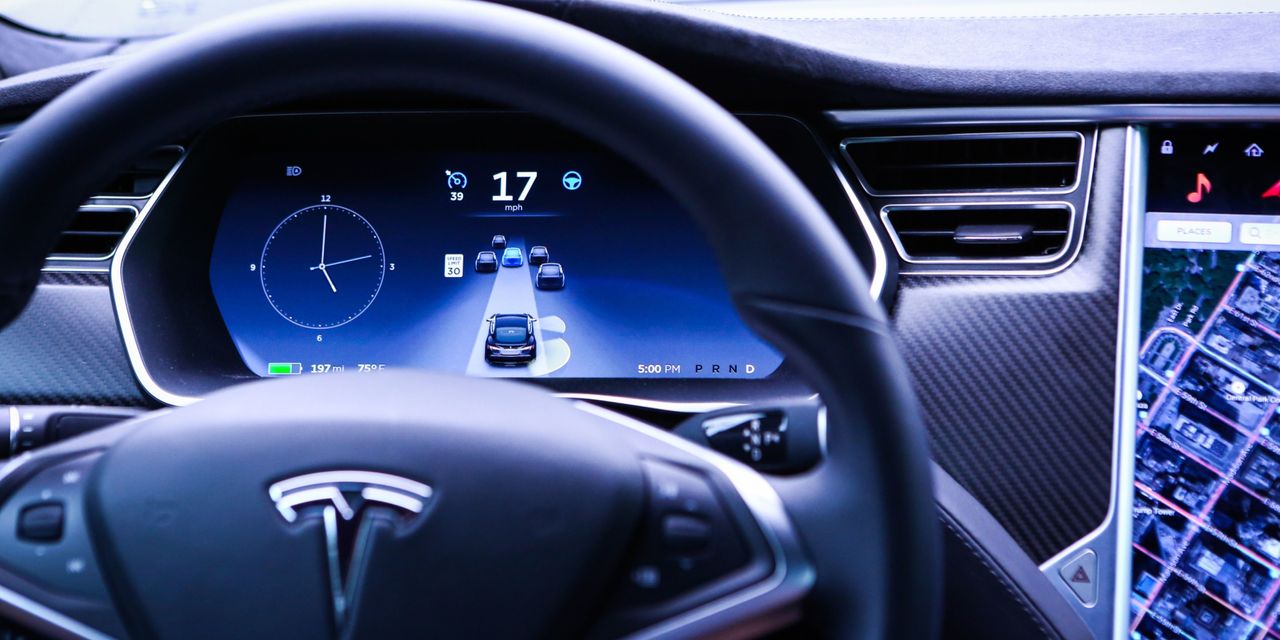A new lawsuit, which seeks class-action status, accuses Tesla Inc. of “deceptively and misleadingly” overstating the abilities of its Autopilot and Full Self Driving features.
The suit, filed in San Francisco federal court, accuses Tesla and its chief executive, Elon Musk, of misrepresenting the driver-assistance technology — which Tesla owners pay thousands of dollars extra for — and making promises they cannot keep.
“These promises have proven false time and time again,” the suit says. “Tesla and Musk have continued making them to generate media attention, to deceive consumers into believing it has unrivaled cutting-edge technology, and to establish itself as a leading player in the fast-growing electric vehicle market.”
The lawsuit specifically cites Musk’s claims that Tesla’s technology would allow one of its cars to drive cross-country by itself by 2018, and that Tesla would have a fleet of fully autonomous robotaxis by 2020.
“Tesla has yet to produce anything even remotely approaching a fully self-driving car,” the plaintiff, Briggs Matsko, said in the suit.
Tesla’s safety record was also called out, with the lawsuit saying Tesla’s flawed technology has had fatal consequences: “Dozens of people have suffered fatal and other serious injuries as a result of (autopilot-related) collisions, triggering a host of investigations by state and federal regulators.”
In August, the California Department of Motor Vehicles sued Tesla, accusing it of false adverting in its marketing of driver-assistance features.
There have been myriad other complaints about Tesla’s driver-assistance features, including Consumer Reports in 2019 calling on Tesla to change the “Autopilot” name because if gives drivers a false sense of security, and a 2019 report from the Insurance Institute for Highway Safety that found drivers overestimated the capabilities of Autopilot.
In August, Tesla announced it would raise the price of its Full Self Driving feature, from $10,000 to $15,000.
Tesla shares
TSLA,
have rallied 30% over the past three months, but are still down 14% year to date, compared to the S&P 500’s
SPX,
4% gain over the past three months and 17% decline this year.

